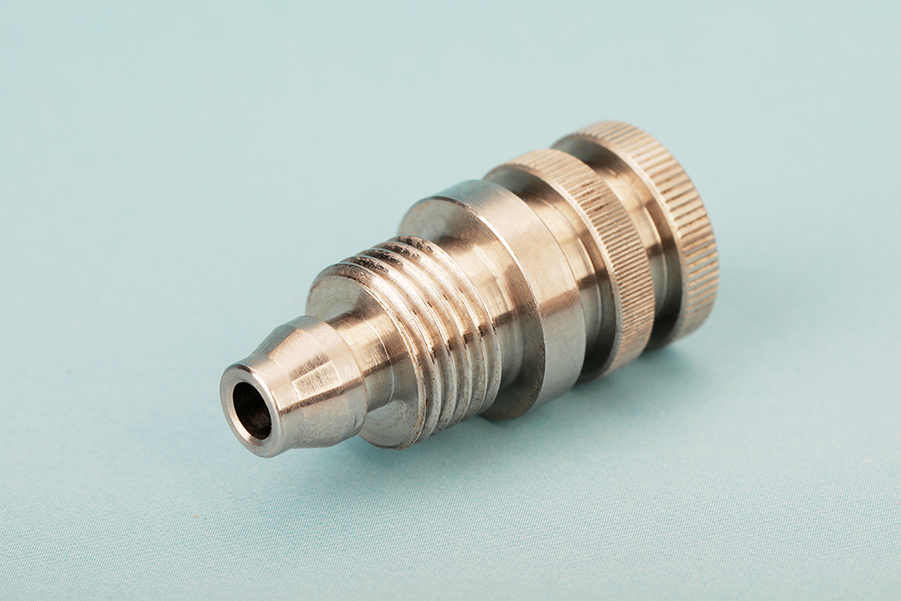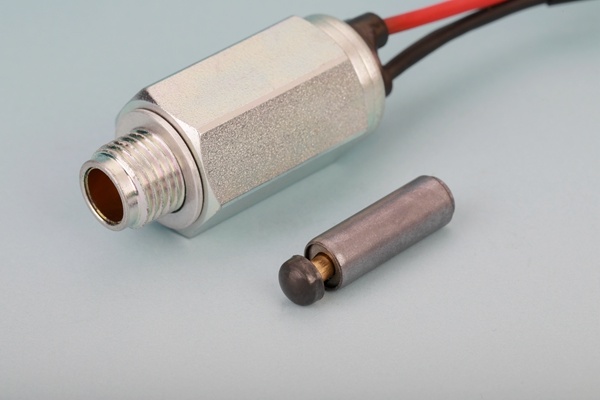Understanding Precise Parts in Manufacturing: Elevating your Machining Processes
Release Time:
Jul 17,2025
In the world of manufacturing, particularly in the realm of machinery and metal processing, the term "precise parts" plays a pivotal role in ensuring quality and efficiency. Precise parts refer to components that have been manufactured to exact specifications, allowing for a seamless fit and function within larger mechanical systems. These components are critical in applications where tolerances a
In the world of manufacturing, particularly in the realm of machinery and metal processing, the term "precise parts" plays a pivotal role in ensuring quality and efficiency. Precise parts refer to components that have been manufactured to exact specifications, allowing for a seamless fit and function within larger mechanical systems. These components are critical in applications where tolerances are tight and performance is paramount.
Manufacturers in the machinery sector often face the challenge of creating parts that not only meet the design criteria but also withstand the stresses of operational environments. This is where the concept of precision machining comes into play. By utilizing advanced techniques and technologies, manufacturers can produce parts with remarkable accuracy, significantly reducing the risk of failure during operation.
The importance of precise parts cannot be overstated, especially in applications that require high levels of reliability. For example, in the aerospace and automotive industries, even the slightest deviation in part dimensions can lead to catastrophic failures. As such, implementing stringent quality control measures during the manufacturing process is vital. Techniques such as CNC (Computer Numerical Control) machining, additive manufacturing, and advanced metrology are often employed to ensure that each part is fabricated to the desired specifications.
Additionally, the choice of materials for precise parts is crucial. Different applications may require different strengths, weights, and thermal properties, making it essential for manufacturers to select the right materials to optimize performance. Understanding the interplay between material properties and machining processes is key to producing components that not only fit perfectly but also perform reliably under stress.
Collaboration between engineering and manufacturing teams is also essential when working with precise parts. Early involvement of engineers in the design phase can lead to better outcomes as they can provide insights on manufacturability and potential challenges in achieving the desired precision. Moreover, feedback from manufacturers regarding the design can result in enhancements that simplify production and improve overall quality.
In conclusion, the role of precise parts in the manufacturing and machining industry is critical to achieving operational excellence. By focusing on precision engineering, employing advanced manufacturing technologies, and fostering collaboration across teams, businesses can enhance their production processes and improve the reliability of their machinery. Embracing these principles not only leads to better product outcomes but also positions manufacturers for long-term success in a competitive market.
Manufacturers in the machinery sector often face the challenge of creating parts that not only meet the design criteria but also withstand the stresses of operational environments. This is where the concept of precision machining comes into play. By utilizing advanced techniques and technologies, manufacturers can produce parts with remarkable accuracy, significantly reducing the risk of failure during operation.
The importance of precise parts cannot be overstated, especially in applications that require high levels of reliability. For example, in the aerospace and automotive industries, even the slightest deviation in part dimensions can lead to catastrophic failures. As such, implementing stringent quality control measures during the manufacturing process is vital. Techniques such as CNC (Computer Numerical Control) machining, additive manufacturing, and advanced metrology are often employed to ensure that each part is fabricated to the desired specifications.
Additionally, the choice of materials for precise parts is crucial. Different applications may require different strengths, weights, and thermal properties, making it essential for manufacturers to select the right materials to optimize performance. Understanding the interplay between material properties and machining processes is key to producing components that not only fit perfectly but also perform reliably under stress.
Collaboration between engineering and manufacturing teams is also essential when working with precise parts. Early involvement of engineers in the design phase can lead to better outcomes as they can provide insights on manufacturability and potential challenges in achieving the desired precision. Moreover, feedback from manufacturers regarding the design can result in enhancements that simplify production and improve overall quality.
In conclusion, the role of precise parts in the manufacturing and machining industry is critical to achieving operational excellence. By focusing on precision engineering, employing advanced manufacturing technologies, and fostering collaboration across teams, businesses can enhance their production processes and improve the reliability of their machinery. Embracing these principles not only leads to better product outcomes but also positions manufacturers for long-term success in a competitive market.




